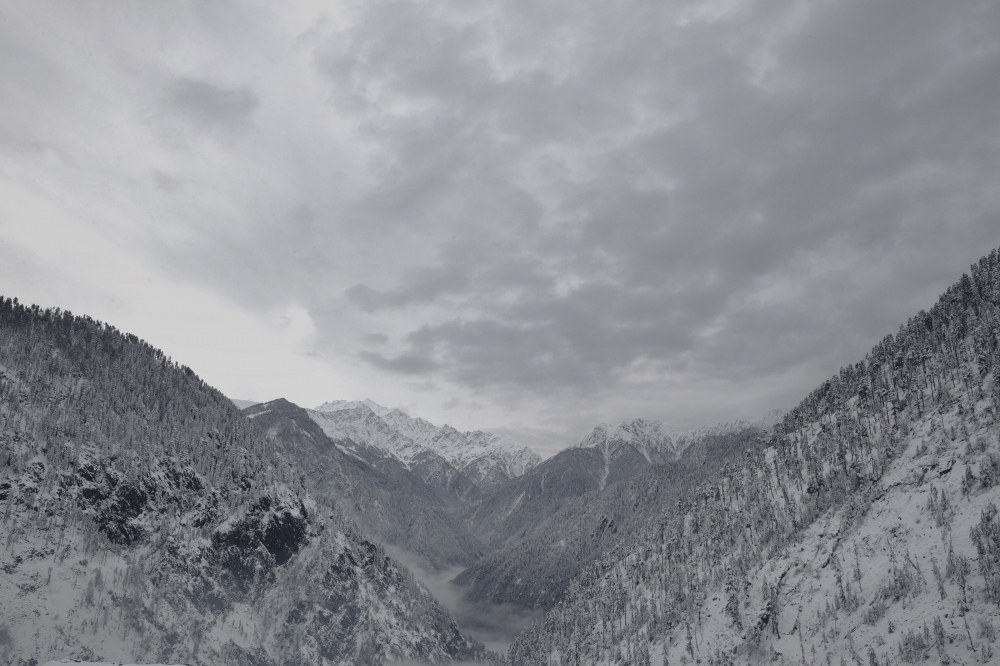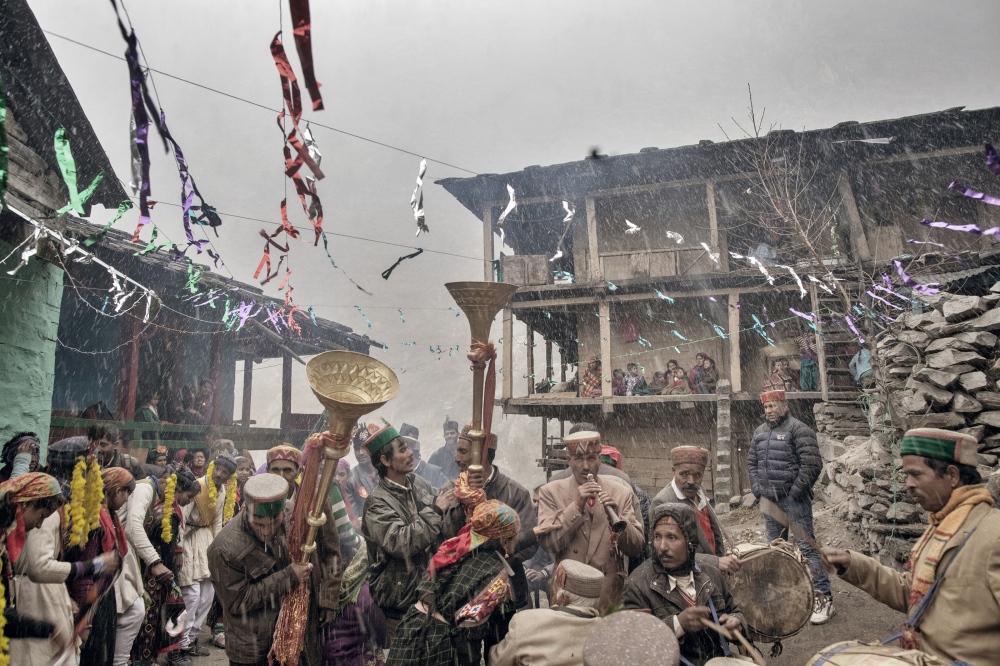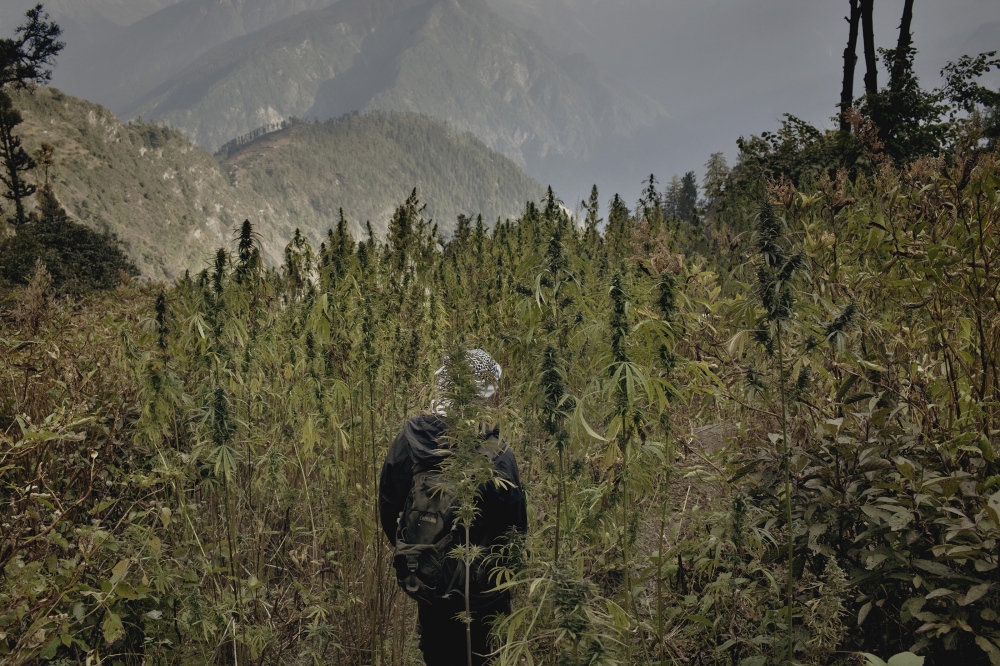A social and anthropological exploration of the lifestyle and traditions of the Indian Himalayas and its people, where thousands of families survive on the illegal marijuana cultivation and resin manufacturing despite always stricter controls and tougher legislation.
While the use of cannabis is widespread and has deep roots in Hinduism and Indian society, which can be traced back to the Vedas, cannabis grows wild in the Himalayas, making it difficult for the authorities to curb the illegal business. International pressure to reduce the production led to an increase of the price on the global market and worsened the situation of the villagers, who have no real alternative for their livelihood.
The title refers to the popular hymn by villagers "Charsi kabhi na marsi", Charas-makers (shall) never die.
































